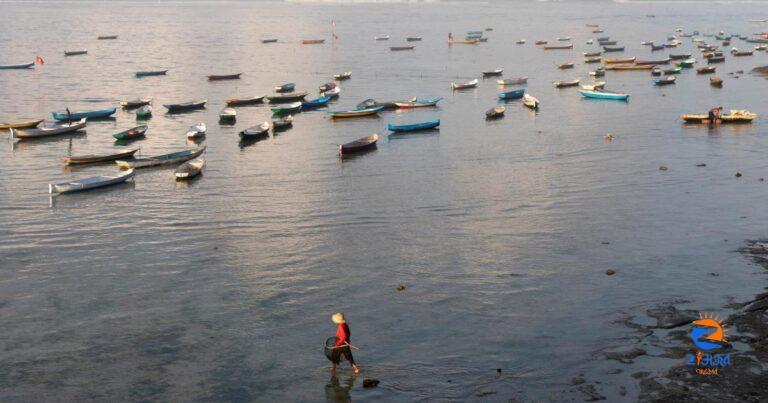
[ad_1]
Kristen Gray, an American influencer and graphic designer, is being deported from Indonesia after publishing a viral twitter thread about her low-cost, idyllic life on the island of Bali.
Gray said the popular tourist destination was “queer friendly” and encouraged others to emulate her move, despite the country’s rising number of Covid-19 cases, the national government extending its ban on foreign visitors, and its record of treatment toward LGBTQ people. Gray’s visa was valid until Jan. 24, but the Ministry of Law and Human Rights found she violated Indonesian immigration laws and the purpose of her visa by inviting people to Bali during a pandemic, selling eBooks, and charging tourism consulting rates. After Gray and her partner Saundra Michelle Alexander left Bali earlier this week, they were in immigration detention waiting for a flight to the US, according to the Associated Press.
Gray caught the attention of Indonesian immigration officials after describing in detail on Twitter how she and Alexander, who are both Black Americans, initially traveled to the country in 2019 on one-way flights with a plan to stay for six months. The couple decided to extend their time during the coronavirus pandemic, citing Bali’s safety, low-cost, and its “queer-friendly” and luxury lifestyle compared to their previous living situation in Los Angeles. They also promoted their life as “digital nomads” and entrepreneurs on several social media platforms as well as through a $30 eBook explaining how they moved to the country.
Locals and critics quickly pointed out Indonesia’s record of discrimination, policies, and violence against LGBTQ residents; its low monthly minimum wages; its millions of residents living in poverty; and how tourists and digital nomads like Gray were further exploiting the situation by not paying taxes to the local government on their earnings.
Antara Foto/Fikri Yusuf/ via REUTERS
Gray’s experience was part of two tourism trends. As a “digital nomad” she chose to live and work abroad in a country with lower living costs; and her arrival was part of a significant growth in Indonesia’s tourism industry. Between 2011 and 2019, international tourism to the country more than doubled to 15.5 million visitors, who spent $16.5 billion, according to the United Nations World Tourism Organization.
The pandemic slowed tourism worldwide and halted the movement of these working travelers after governments closed borders and reduced travel to help slow the rate of infections. Contrary to Gray’s encouragement, the Centers for Disease Control and Prevention gave Indonesia its most serious Covid-19 rating and advised all US travelers to avoid going there.
Covid-19 cases are growing so quickly in the country that occupancy rates exceed 80% at several hospitals and intensive care units. Some patients were rejected several times and died due to lack of space, according to Reuters. As of today, the number of deaths total 26,857, according to the World Health Organization.
[ad_2]